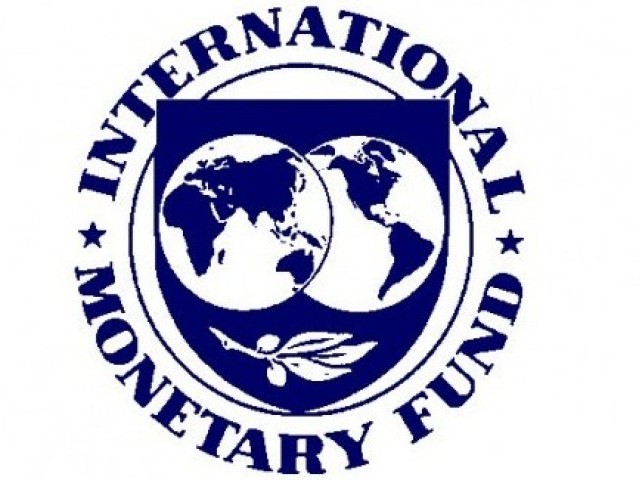Among the large numbers bandied around by Rachel Reeves was of course well over £10bn of UK money for Sizewell C: and FID is yet to be taken! Exactly whether this dosh is envisaged as outright cash (as has been the case with the billions already gifted to EDF, even before FID), or dumped straight onto electricity bills, or a combination, I have not yet discerned.
It's still outrageous - at best a humongous leap of faith, the beneficiary of which is a French concern (and indeed the French state) that has proven itself many, many times over to be unworthy of trust in such matters. In return for what? A plant that, even on the most ambitious and optimistic assumptions, could not be generating electricity before the next-Parliament-but-two, and in the meantime will have cost all of us a great deal of non-returnable money. Who said politicians' horizons extend only as far as the next election at best, and the next headline at worst?
Well of course none of this is to be taken at face value. They are already pitching for headlines reading "thousands of jobs", although as we know, the hi-tech jobs involved will without doubt be squarely located in France. The sop of a bit of civil engineering for UK firms - and not even 100% of that, if Hinkley Point C is any guide, which of course it is explicitly meant to be! If Keynesianism is the guiding theory, you could get a great deal more for your money on vastly more useful civil engineering projects that might actually make some kind of economic return decades sooner than SZC ever could. Just keeping the money in the UK would be a start.
And of course there are other short-term considerations, the giveaway being Mr Frog who, on the exact subject of demanding more money for both SZC and HPC (for which, contractually, EDF has sole responsibility) recently stated: "We [UK + France] need to stick together on many subjects - on Ukraine, on all dimensions of our relationship". We may be sure he really means "cooperation on Small Boats", the carrot of which which the French continually dangle, and then promptly withdraw a couple of weeks later. Oh, and we must pay for that "cooperation", too. Such an easy game.
Why are successive UK PMs and Chancellors such soft touches? Blair, Brown, Cameron, Osborne, May, Hammond, Johnson, Starmer, Reeves ... it's only been Sunak who has ever demurred, and then without any meaningful force. The rest have all danced to EDF's protracted, staccato jig. I despair.
ND









